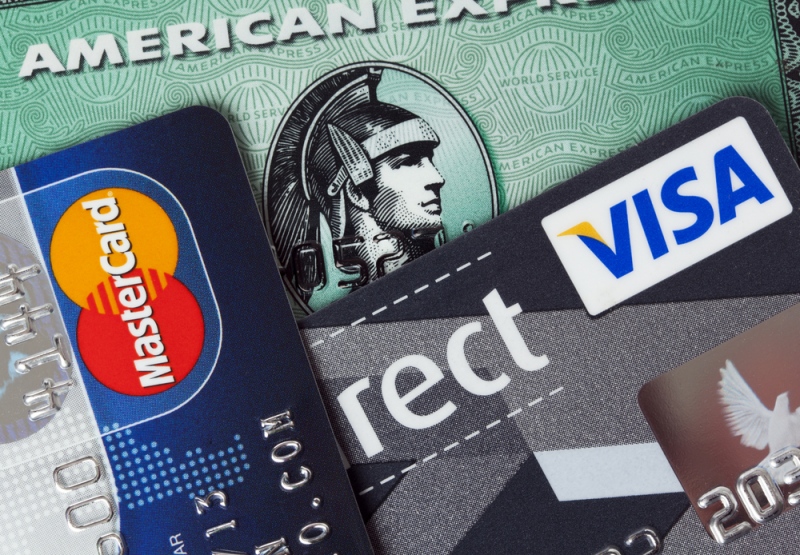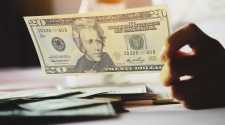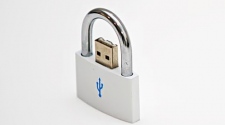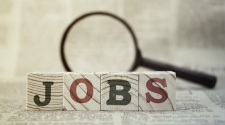Using a credit card is incredibly useful, and sometimes unavoidable, for making a number of large purchases. It could be a holiday, getting a new washing machine or anything else similar. As these build up, so can your credit card debt. Some places advise getting a loan to cover credit card debts, but this can further complicate proceedings, so they are best saved for important life events instead. There are other more effective ways to pay off your credit card debt.
Consider a Balance Transfer
According to money saving expert Martin Lewis, the first thing anyone looking to pay off their credit card debt should do is transfer the balance to a zero per cent credit card. The average interest rate charged on a credit card is 18 per cent, so it’s easy to see how this can quickly increase your debt.
Making such a transfer means every penny of your repayment is going directly towards reducing your original debt, rather than that accumulated through interest. If you still need to make new purchases, then it’s best to have another card for this purpose. Plus, you will probably have to pay a small fee to transfer your debt over in the first place.
Go Above Minimum Payments
Sticking to minimum monthly repayments can be a great way to budget, get by and afford some big sticker purchases. However, these are usually set quite low, at around two or three per cent, which means it will take a long time to ever clear such debt (especially given the interest added).
Try to pay off an entire bill each month so that you don’t need to pay any interest, so that you’re only paying off debt for money you have used. Avoid using for cash withdrawals and if you can’t pay off everything, work out a better repayment plan that’s well above the minimum.
Prioritise Your Debts
Work out which credit card to pay off first if you have more than one. Focus on the most expensive one first. This will either be the one with the highest amount left on to pay off, or with the highest rate of interest.
If you have debt secured against your house or rent and utility bills, be sure to pay these first as missing them can lead to all sorts of trouble. Whatever you do, make sure you still pay at least the minimum payment each month, as missed payments will result in additional charges.
Create and Follow a Budget
Setting a budget is essential to take charge of your financial situation. Work out what your monthly incomings and outgoings are, which should show you how much can be set aside for repaying credit card debt. This will also highlight areas where further savings can be made to increase the amount you will pay off your credit card debt each month. Creating a budget is a great start but you need to follow it closely for it to be effective.
These few tips should help you reduce and eventually pay off any existing credit card debt you hold.
















